Science & Tech
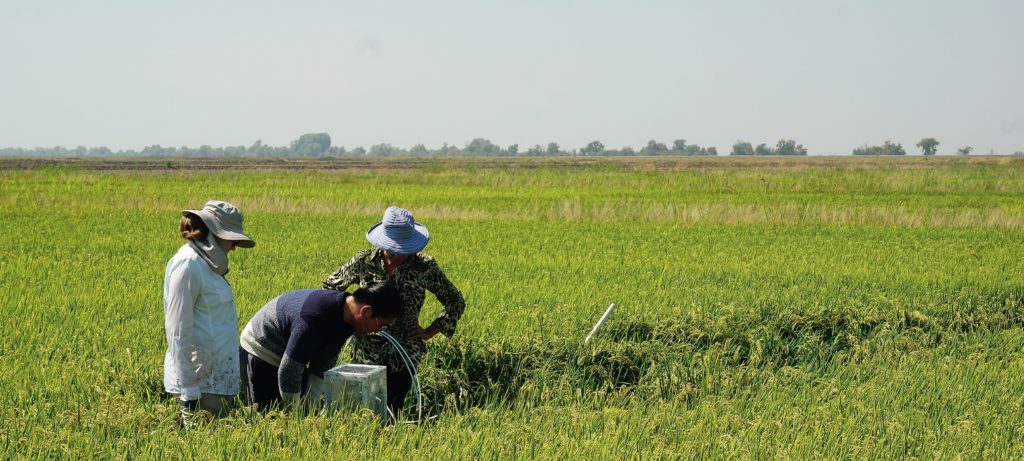
What If We “Supercharged” Plants to Stop Climate Change?
By Margie CullenThe Intergovernmental Panel on Climate Change has cited carbon dioxide removal as essential to limiting warming to 1.5 degrees Celsius above preindustrial levels, the Paris Agreement’s climate target.
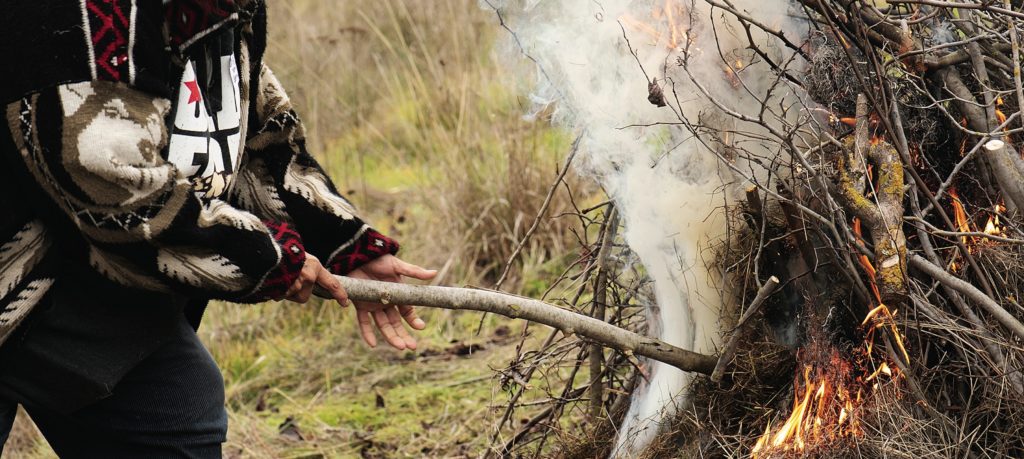
Indigenous Californians Long Prevented Forest Fires with Controlled Burning. Now We’re Learning from Them.
By Maia NehmeOnly we can prevent forest fires. That’s what Smokey Bear always said, his trusty shovel ready to snuff out burning embers. New Berkeley research suggests that, counterintuitively, setting small, purposeful fires can actually minimize the risk of major wildfires.

Berkeley Astronomers Detect the First Known Free-Floating Black Hole
By Meher BhatiaBerkeley astronomers, using the Hubble Space Telescope, have detected what may be the very first “free-floating” black hole ever recorded, about 2,200 to 6,200 light-years from Earth. Dubbed “stellar ghosts,” these black holes are invisible, left behind after a massive star—at least 10 times the mass of the sun—dies and collapses in on itself.
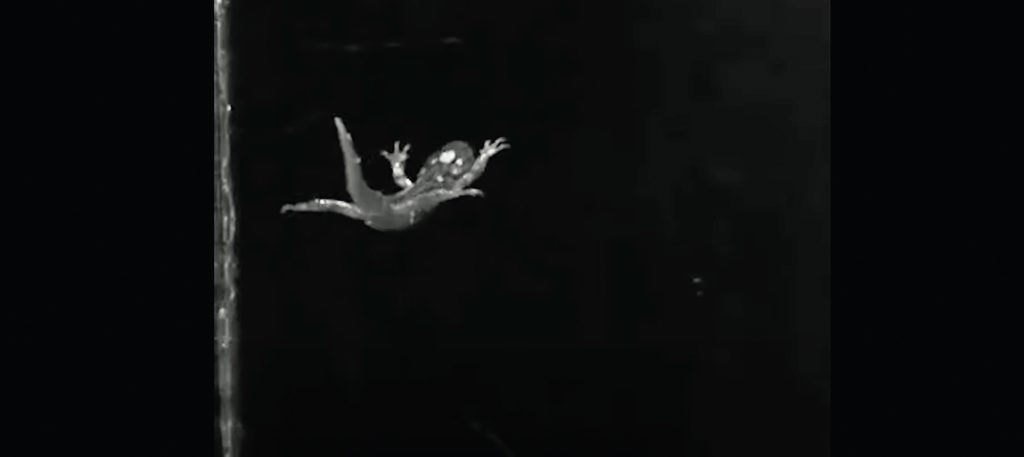
These Salamanders Skydive Sixty Feet and Live to Tell the Tale
By Krissy WaiteYou’ve heard of flying squirrels, but what about flying salamanders?
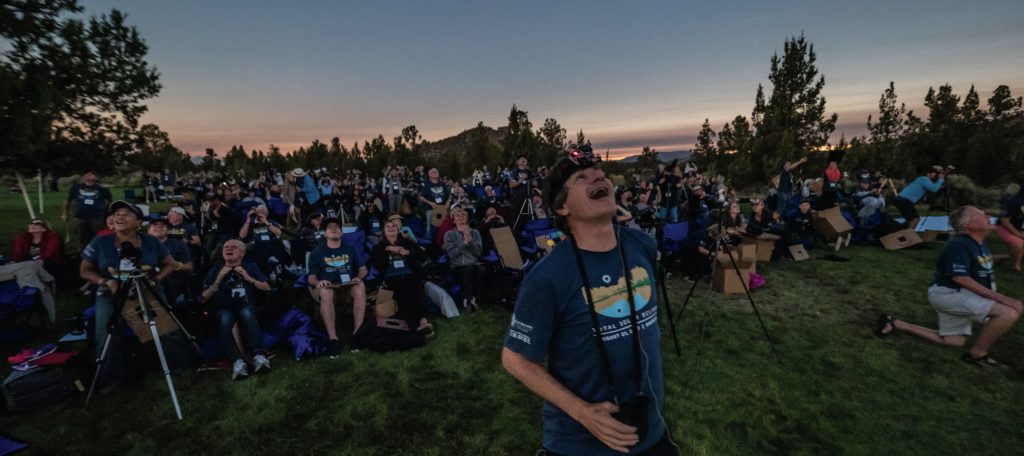
Look Up
By Pat JosephAsk an astronomer and they’ll tell you we’re living in a kind of golden age.
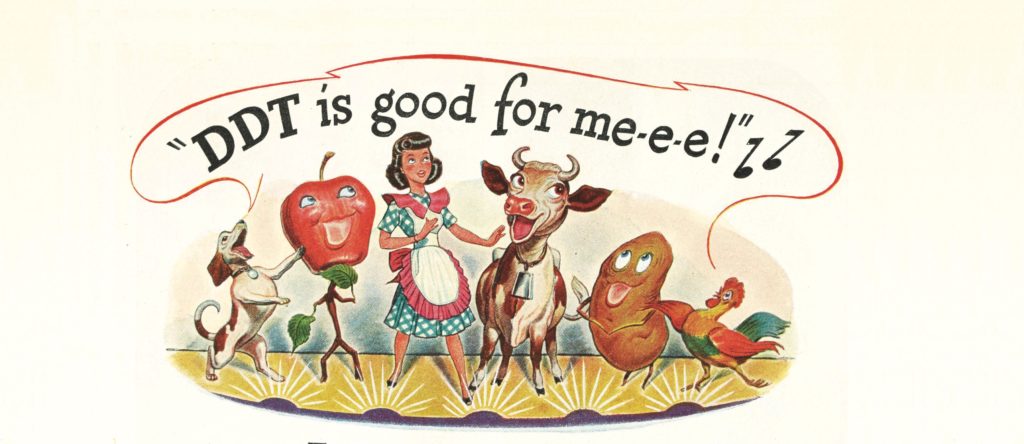
The Man Who Loved DDT
By Elena ConisBerkeley biochemist Tom Jukes was an ardent conservationist and life member of the Sierra Club, but he just didn’t get 1960s environmentalism. The thing that bugged him most about the movement was its “emotional binge” against the pesticide DDT.
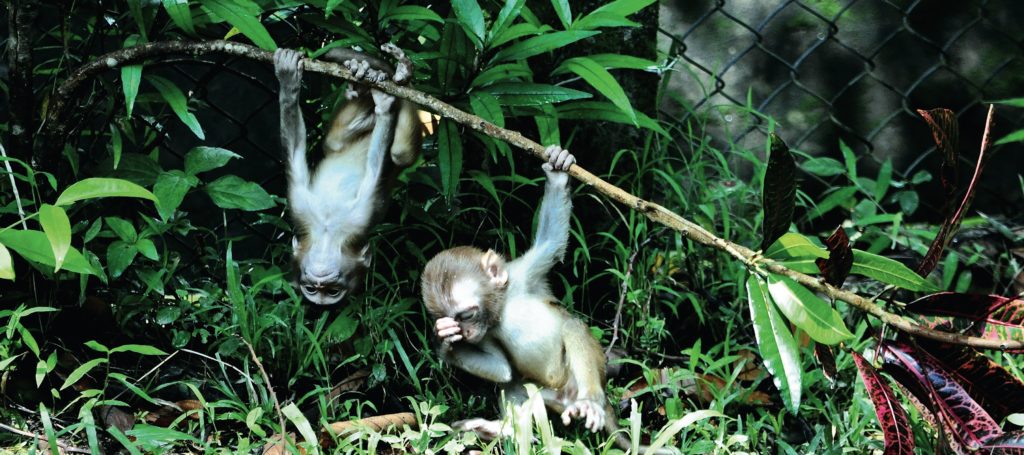
Animals Drink Alcohol Too
By Margie CullenHumans have many things in common with monkeys: large brains, hands that can grasp objects, complex social groups. A new study published in the journal Royal Society Open Science confirms another commonality: a taste for alcohol.
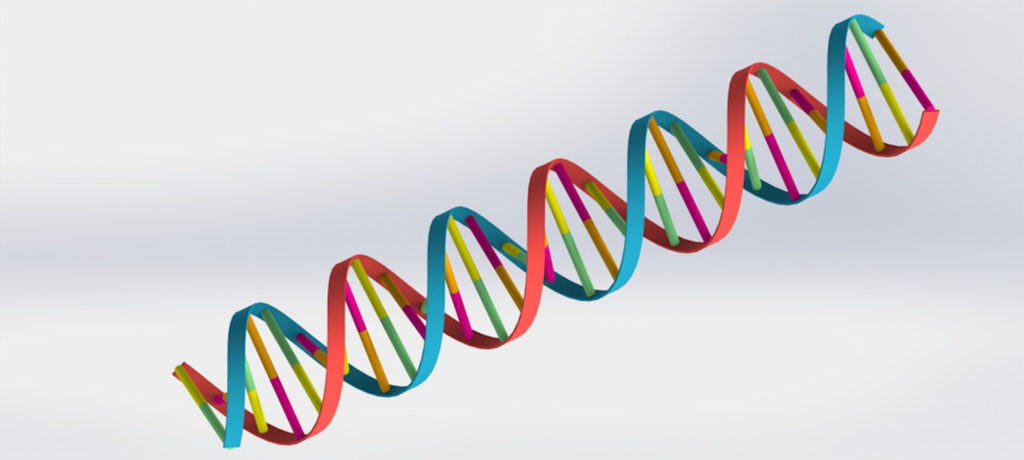
Berkeley Loses the CRISPR War
By Meher BhatiaIn February, Berkeley was dealt a major legal blow over one of the most promising technologies to come out of the university. The tribunal of the U.S. Patent and Trademark Office (USPTO) ruled that the rights for CRISPR-Cas9 gene-editing in human and plant cells belong to the Broad Institute of MIT and Harvard, not to Berkeley, potentially ending a years-long battle between the academic institutions.
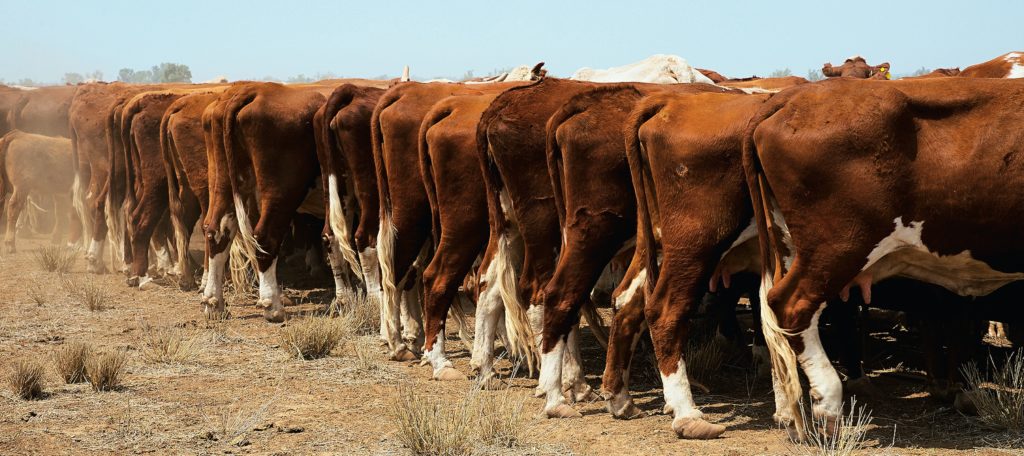
Mooooove Over, Meat
By Krissy WaiteGiving up hamburgers and ice cream in the next 15 years could save us from global climate catastrophe.
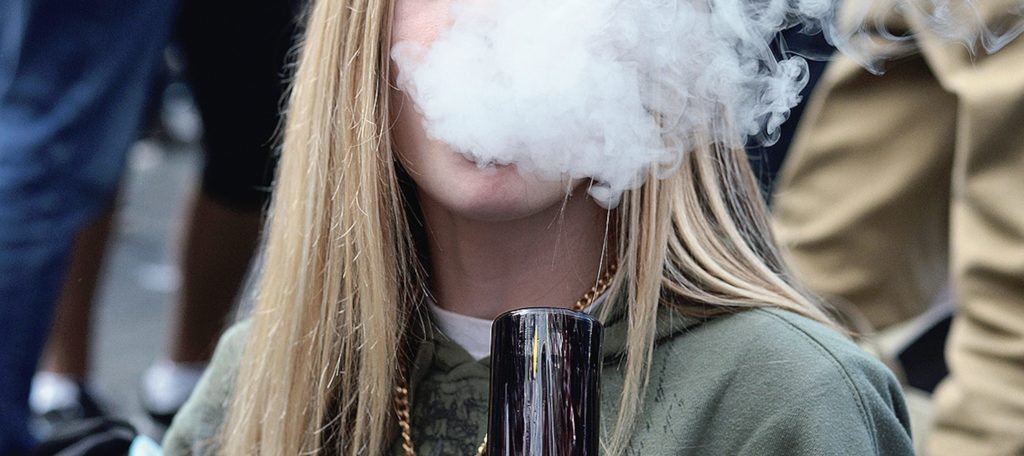
Beware Second Hand Bong Smoke
By Krissy WaiteMost people today recognize the health risks of inhaling tobacco smoke, even secondhand. Fewer are aware of the dangers of cannabis smoke.
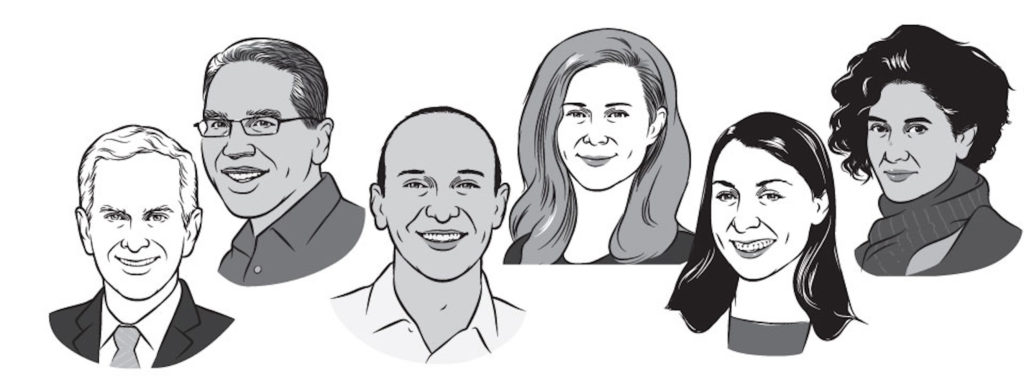
Spotlight
By Krissy WaiteBerkeley's best in the fight against climate change.
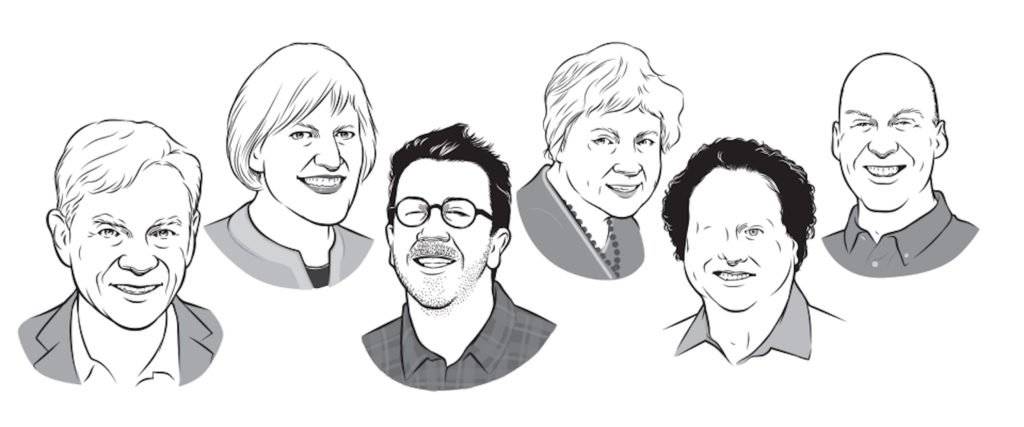
Spotlight
By Anabel SosaBlind thinkers, scientists, and artists showing us the way.













